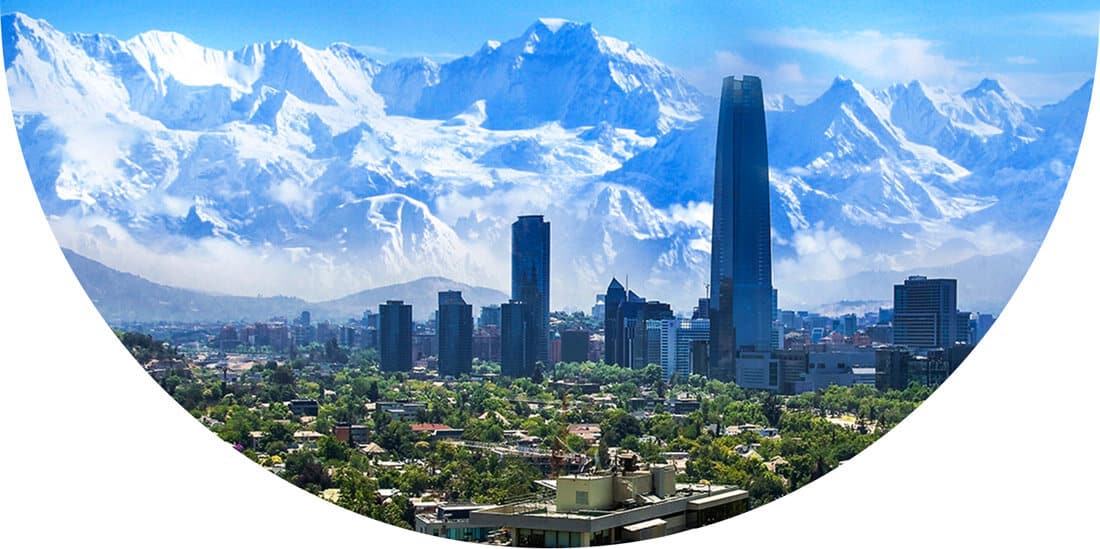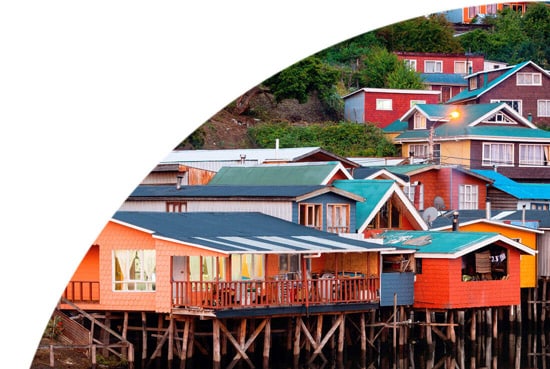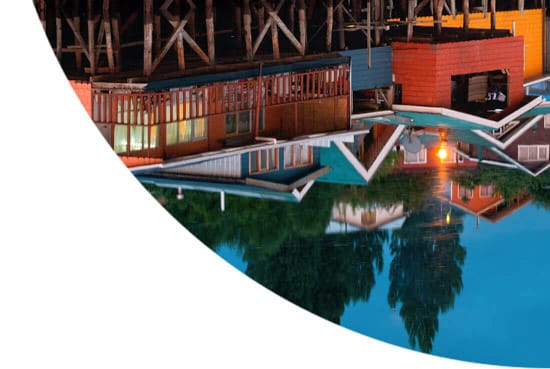West Nile virus (WNV) is spread by mosquitoes in many countries. There are usually no symptoms, although some people develop mild flu-like symptoms, nausea and skin rash. The virus is not contagious and should get better without any treatment.


Travel Vaccinations for Chile
Recommended Vaccines for Chile
The level of protection needed depends on your medical history and travel itinerary. Book now to get a personalised recommendation from our specialist travel nurses. The consultation costs £20 plus any vaccines you decide to take.
Flexible appointments with no upfront payment
Book Now
Destination Information for Chile
The long, narrow country of Chile stretches along the West edge of South America, bordering Peru in the North, and Bolivia and Argentina to its Eastern edge. The shape and size of the country means it has a huge Pacific Ocean coastline, covering over 6,000km. The heart of the country is the central region, home to the capital, Santiago, as well as famous vineyards and some of South America’s greatest ski resorts.
The extreme South of the country includes Punta Arenas, one of the world’s most Southerly cities. To the West is Easter Island and one of the most mysterious indigenous civilisations on the planet. Chile is known as one of the world’s best adventure tourism destinations. Whether you’re after a road trip on the scenic Carretera Austral, riding the waves at Pichilemu, Chile’s top surfing destination, or climbing in the Torres del Paine National Park, there’s plenty of activities to keep the adrenaline pumping and enable adventure-loving visitors to see the country’s natural beauty at close hand.
For backpackers or luxury package holiday enthusiasts alike, there is a good variety of travel, transport, accommodation and entertainment options, catering to every kind of tourist.
For pleasant, comfortable temperatures, visit Chile in September to November or March to May. Western Patagonia and its popular beaches are at their best and busiest from December to February.
To ensure you stay safe from diseases whilst visiting Chile, get the right travel vaccinations before setting off. It is worth considering the hepatitis A, hepatitis B, rabies, typhoid & being up to date with your diphtheria tetanus & polio vaccine is strongly recommended prior to travel, so book an appoint at one of our clinics to make sure you’re protected.
Infections and Outbreaks frequently change from country to country and by attending our clinics you will be given the most up to date clinical and safety advice from our team of specialists. Our advice to you often includes aspects such as:
- Food and water hygiene
- Insect and animal bite avoidances
- Personal safety
- Sexually transmitted infections
- Sun protection
- Altitude sickness
Malaria and regions within country:
Malaria is not normally present in Chile.
Non Vaccinated Diseases
Additional Health Risks Information for Chile
Chile is a land of stunning natural beauty, but this in itself can pose a health risk to travellers. There are a number of active volcanoes in the country, and there is a danger from the dust, ash and fumes created in the event of an eruption. For example, the Chaiten Volcano, in the Los Lagos area, is currently threatening to erupt, and several areas in the vicinity are restricted to people.
If you are in an area when an eruption occurs, stay indoors as far as possible, with doors and windows closed, and wear a face mask if you do have to go outside. Earthquakes are also a potential risk, as Chile is an earthquake zone which has seen a number of high magnitude events in recent years. The weather in Chile can be subject to extremes of temperature, and as well as sunburn and heatstroke, you should be aware of flooding during the rainy season and pollution or smog, especially in the winter months.
The non-vaccinated diseases which are prevalent in Chile are often spread by insect bites, so do everything you can to avoid being bitten, as well as taking the obvious precautions regarding safe food and drink to avoid food poisoning. Petty crime, including pickpocketing, is a risk for tourists especially in busy areas of the capital, Santiago. Violent crime is rare, although like anywhere else it does happen, so be careful to be subtle with your cash and valuables, stay as part of a group, and be vigilant especially after dark and if you have been drinking alcohol.



